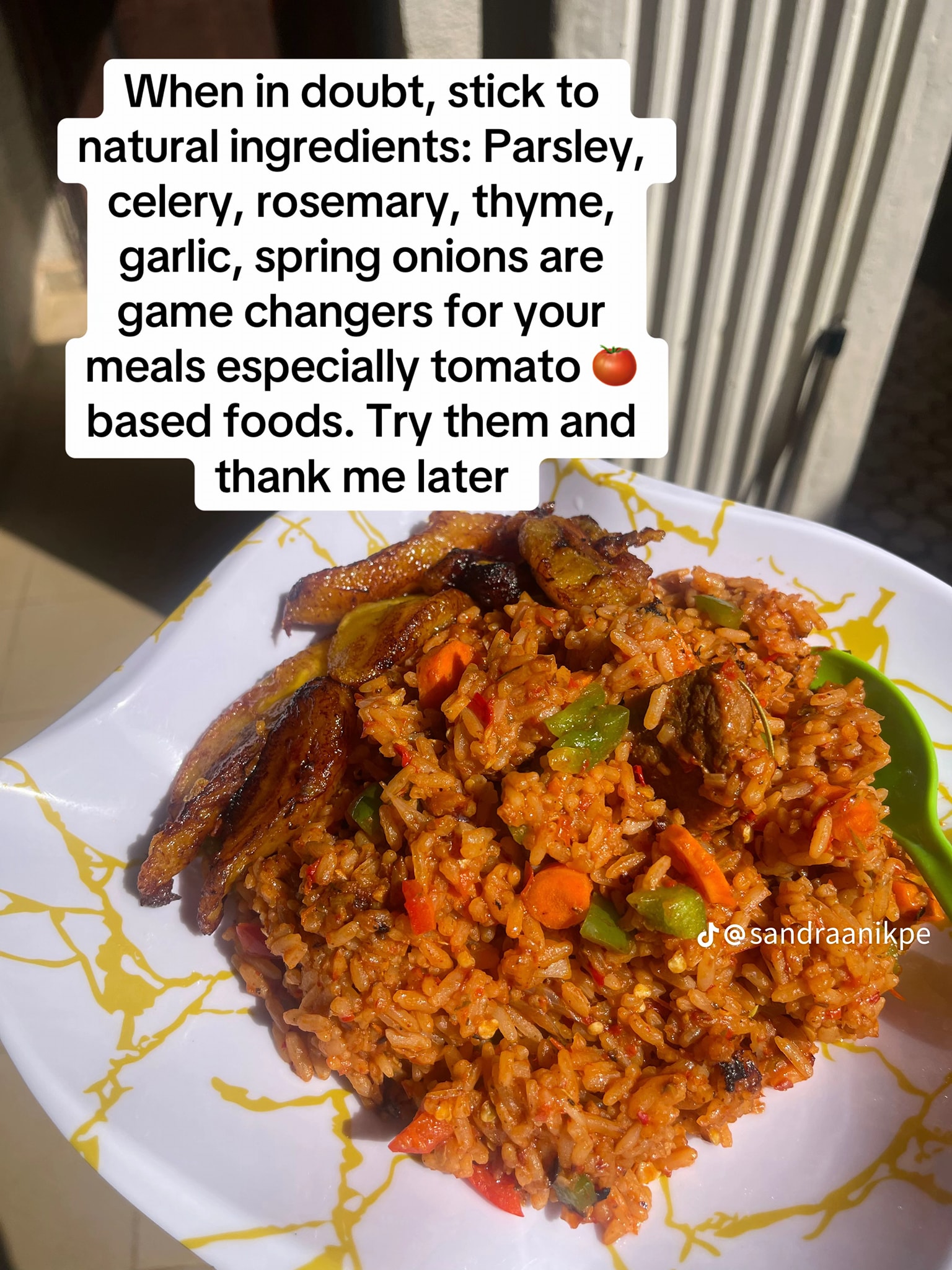Always opt for fresh ingredients when possible. They not only enhance the flavor but also improve the nutritional value of your dishes. Visit local markets or grow your own herbs to get the best quality produce.
Mastering Knife Skills
A good chef knows the importance of knife skills. Invest time in learning basic techniques such as chopping, mincing, and julienning. A sharp knife is safer and more effective than a dull one, so keep your tools well-maintained.
Understanding Flavor Profiles
Grasp the fundamentals of flavor profiles by balancing salt, acid, fat, and sweetness. Experiment with herbs and spices to create depth in your dishes. A squeeze of lemon or a sprinkle of salt can transform a meal.
Prepping Ahead
Save time and reduce stress by prepping ingredients in advance. Chop vegetables, marinate meats, or measure spices before you start cooking. This organization leads to a smoother cooking experience and better results.
Using Quality Cookware
Investing in quality cookware can make a significant difference in how your food cooks. Non-stick pans, heavy-bottomed pots, and well-seasoned cast iron skillets provide more even heat distribution and prevent sticking.
Tasting as You Cook
Consistently tasting your food during the cooking process allows you to adjust flavors and seasoning as needed. This habit ensures that your final dish is balanced and exactly how you like it.
Cleaning As You Go
To keep your kitchen manageable and your cooking space enjoyable, clean up as you prepare. Wash utensils and bowls while waiting for pots to boil, ensuring minimal mess when you’re ready to serve.
Experimenting with Techniques
Don’t be afraid to try new cooking techniques. Whether it’s sous-vide, roasting, or stir-frying, diversifying your methods will enhance your culinary repertoire and make cooking more enjoyable.
Incorporating these cooking tips into your kitchen routine will not only boost your confidence but also improve the quality of your meals. Happy cooking!

